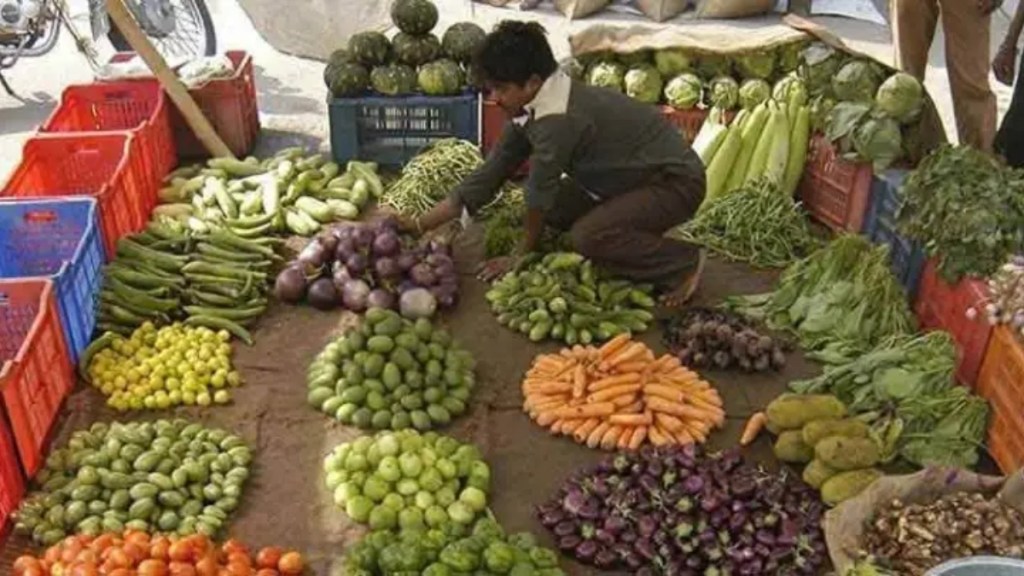Prime Minister Narendra Modi on Saturday speaking at the 32nd International Conference of Agricultural Economists (ICAE), which is being held in India for the first time in 65 years, stated that India has turned into a nation with an excess of food and that it is also working to provide solutions for global food and nutritional security. The Union Budget 2024–25 has placed a strong emphasis on establishing a comprehensive ecosystem to help Indian farmers and on farming that is both sustainable and climate-resilient.
According to the Prime Minister, agriculture is at the core of India’s economic plans.
Modi recalled that during the previous International Conference of Agricultural Economists, India was still a freshly independent country and that the nation’s agriculture and food security were facing significant challenges. “Now, India is a food surplus country. The country is the number one producer of milk, pulses and spices in the world. Also, the country has become the second-largest producer of foodgrains, fruits, vegetables, cotton, sugar and tea. There was a time when India’s food security was a concern for the world. Now, India is working to provide solutions for global food security and global nutritional security,” he said at the conference, attended by about 1,000 delegates from around 70 countries.
Modi stressed the role that agriculture plays in the Indian economy and outlined the efforts his government has made over the past ten years to support the sector’s sustainable growth. “Agriculture is at the centre of India’s economic policies,” he stated.
According to Modi, the majority of Indian farmers, nearly 90% of them, own relatively little land, and they are the primary source of the country’s food security. He made the point that India’s approach is appropriate because a comparable predicament is common in many Asian emerging nations. The Prime Minister added that in the previous ten years, India has produced 1,900 new crop types that are adaptable to climate change.
The Prime Minister also recognised the gravity of the issues surrounding water scarcity, climate change and nutrition. He offered the superfood millet, or Shri Anna, as a remedy because of its high yield and low water content. Modi went on to say that India is ready to share its millet basket with the rest of the globe.
He also discussed how India is using digital technologies in the agriculture industry in his speech. PM Modi also noted the PM Kisan Samman Nidhi, which allows money to be transferred with a single click from the government to the bank accounts of 10 crore farmers, and the digital public infrastructure for the digital crop survey, which gives farmers access to real-time information and empowers them to make data-driven decisions.
He stressed that the program will help millions of farmers and improve their financial situation. Along with promoting drones in farming and providing farmers with a digital identity number for their land, Modi also announced a massive drive to digitise land and teach “drone didis” to operate them. He continued, “These actions will not only help Indian farmers, but they will also improve global food security.”
(with inputs from PTI)
